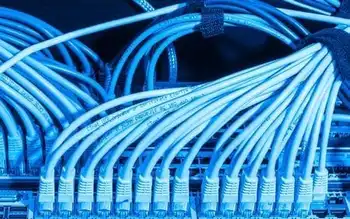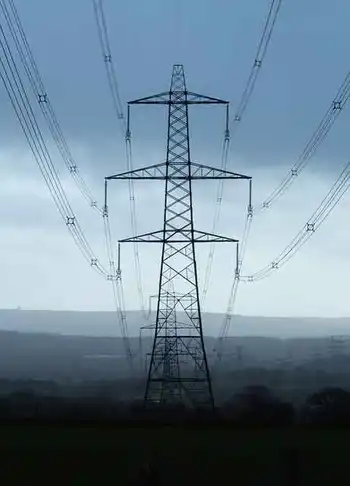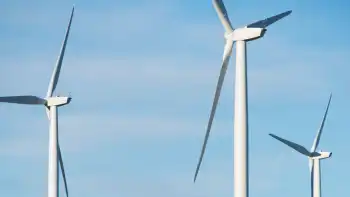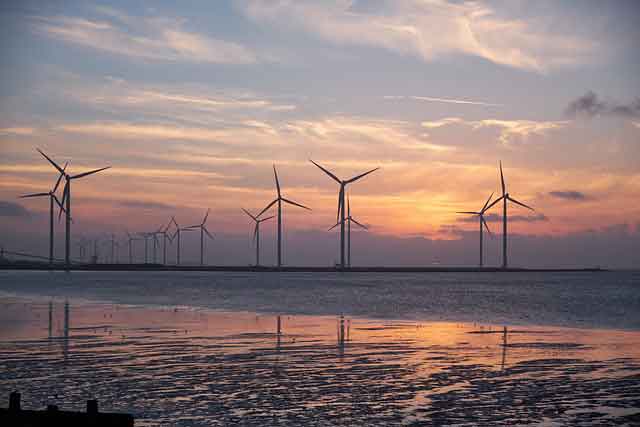Abitibi hydro assets sold to unnamed buyer
The company released few details about the deal in a brief statement. The buyers are unnamed, described only by the company as "a major Canadian institutional investor and a private Canadian renewable energy company."
The hydro assets, spun off as a separate company called ACH LP in 2007, are co-owned 75/25 by Abitibi and Quebec pension fund Caisse de Depot et Placement du Quebec. ACH was valued at $640 million at the time of the sale.
The eight hydroelectric stations that make up ACH LP have a combined installed capacity of 137 MW, with a generating capacity of 131 MW and annualized production of 828 gigawatt hours. The stations include two in Kenora, one at the Fort Frances mill, two remote stations at Sturgeon Falls and Calm Lake in the Rainy River District, a station at Iroquois Falls and two remote stations in that region at Twin Falls and Island Falls.
As part of the ownership deal the company struck with the Caisse de Depot, it will also be selling its 25 per cent stake in ACH to the buying consortium.
In its news release the company said it will net $300 million in cash from the sale of which $100 million will immediately be applied to pay down company debt.
AbitibiBowater also noted its debt to Caisse de Depot of $250 million stemming from financing for the creation of ACH in 2007 will remain on the company books.
As a condition of the sale long-term power purchase agreements for the company's mills in Iroquois Falls and Fort Frances will also remain in place.
"We intend to protect the cost structures of the Iroquois Falls and Fort Frances mills and remain committed to reducing costs," noted Abitibi president Richard Garneau.
The sale of its the Ontario hydro assets comes after the company emerged from credit protection in Canada and the U.S. this year.
Between April 2009 and December of 2010 the company sold $940 million in assets including its $615 million stake in group of Quebec hydroelectric stations. When it emerged from creditor protection overall debt had been reduced to $850 million from $6.8 billion. Most of the reduced debt was settled by swapping debt of equity in new stock issue with unsecured creditors.
The hydro sale will require government approval and other conditions being met said the company, a process it expects to take about 60 days.
Municipal officials in Iroquois Falls have expressed concerns about the sale since the company announced it was looking for a possible buyer last year.
Earlier this month Iroquois Falls Mayor Gilles Forget said he would oppose any sale as he feared it would eventually mean an end to the low cost power supply the hydro dam supplies the mill in his community.
Forget said he would taking his case to the provincial government which holds the water lease required to generate power at the dams.
Forget said the dams have always allowed the Iroquois Falls operation to be a cost-efficient mill. Without them, he said, it loses its power advantage.
"I was quite vocal in telling him Abitibi CEO Richard Garneau that I was going to try and stop the process and the sale and I would fight this right to the end," Forget said.
The company will also have to satisfy Fort Frances of the security of its open-ended arrangement for a block of power, or the cash equivalent, it receives from the ACH power station there. As part of the original mill construction plans in Fort Frances begun in 1905, the municipality approved the transfer of water rights to the mill in exchange for 4,000 horsepower 3 MW of electricity to be supplied annually to the town at a nominal cost. That arrangement, worth about $2 million annually to the town's residents in reduced electrical bills these days, was confirmed in a Supreme Court of Canada decision in 1983 when Boise Cascade, the mill and dam owners at the time, attempted to cancel the power supply arrangement.
Related News

Australia to head huge electricity and internet project in PNG
SIDNEY - Australia will lead a new multi-billion-dollar electricity and internet rollout in Papua New Guinea.
The Australian newspaper reported New Zealand the US, Japan and South Korea are supporting the project, which will be PNG's largest ever development investment.
The project will deliver internet to 70 percent of PNG and improve access to power.
Both China and the US are also expected to announce new investments in the region at the APEC summit this week.
Beijing will announce new mining and energy investments in PNG, and two Confucius Insitutes to be housed at PNG universities.





